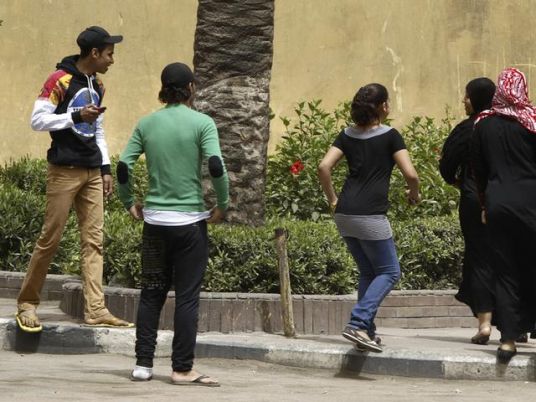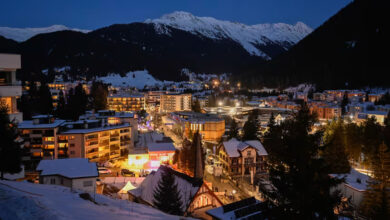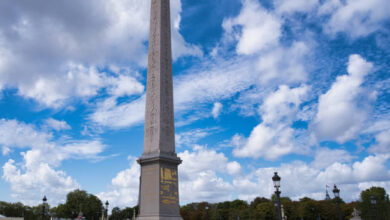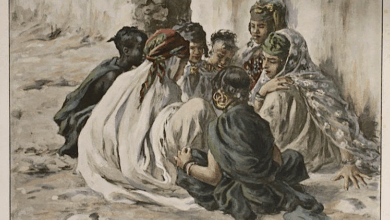
The streets I now walk are not the streets of free speech. In Egypt, it is now outlawed to use the words “jihadist” and “Islamist” to describe terrorists. There are journalists imprisoned for reporting stories that they were not supposed to. So what should we call the recent spate of terrorist attacks that happened in the Sinai region of Egypt? Although, ISIS claimed the engineering of that attack, the term “ISIS” is not welcome in media outlets as well.
When I arrived in the Cairo airport, the exchange rate at the bank was LE7.78 for every US dollar. Last year it was much lower, a sure sign of the continual down-fall of the country’s economy. On my journey from the Cairo airport to Alexandria, my driver (who I will leave unnamed for security reasons) pointed out Mohammed Morsi’s prison to me. He seemed glad that he was locked away, as do many Egyptians that I meet.
As I walk with those I know through the streets filled with abject poverty, I hear stories of all the youth that recently graduated with their college degrees, yet are unable to find jobs. Many leave the country to survive and send home money so their families are able to afford bread to eat. Earlier this year, a group of young Egyptians travelled to Libya to find work. Instead, they found themselves in the clutches of ISIS and were beheaded on a Libyan beach.
On the outside, there seems to be a stronger show of security forces in the streets. But, then, many question whose side are they on and what would happen if true fighting broke out. Would they lay down the law, or would they use their arms and positions to aid the terrorists?
Under Sisi’s control of Egypt, the military exhibits a stronger presence. Yet, chaos and unlawlessness rule the Northern Sinai peninsula region of Egypt. In fact, Israel recently closed its borders after the recent attacks, and ISIS, the name that we are not supposed to mention, laid claim that they fired 2 missles into Israel from the same region. President Sisi declared that Egypt’s military is strong, yet he is unable to gain strong control in this region.
In the streets, I feel the eyes cast on me as the rare foreigner. The crowds of tourists that I witnessed on past visits no longer exist. The Egyptians are suffering for this, a mainstay of their economy.
Stories abound of horrors that happened here. I walk out of the upscale mall, San Stefano in Alexandria, and see a pile of rubble. I am told that this used to be a police station but was destroyed by forces of the Muslim Brotherhood during the Arab Spring. No one is moving to rebuild it. It is pointed out to me where protests occurred. And sadly of people who died supporting their cause.
The Arab Spring has come and gone. The economy continues its descent and people are without work. And they truly do want to work but there are no jobs to be found. Poverty is profound and many struggle to eat. I hear of one mother with two children who alternates feeding her kids every other day because there simply is not enough food. In some regions, the violence persists. And many here claim Hamas is helping the terrorists as they sneak across the Israeli border. And the fear is always there, simmering below the surface. But, in the depth of the fear, trickles hope because after ever spring, a summer must come. And Egypt suffered its spring long enough.
Written by DrLindaMD for iReport on CNN




